

Contributor
- Topics: Archive

Collectively, we gardeners possess certain personality traits that help us weather the trials and tribulations of our passion. Whether we’re planting trees, painting a landscape with foliage and flowers, hitting all the plant sales, or optimistically planning a garden wedding, passionate gardeners rely on their planning skills, creativity, an impulsive streak, and blind faith.
Duane Kelly, founder of the Northwest Flower & Garden Show, possessed all these traits along with the courage to mortgage his house and assume enormous risk. After visiting the 1987 Philadelphia Flower Show, Kelly predicted the Northwest would be fertile ground for a similar show. His wife, Alice, had a different kind of blind faith: complete belief in her husband’s ability to orchestrate such a major production.
After two years of intense preparation, the first Northwest Flower & Garden Show opened in 1989 to lines stretching down Pike Street. “We were thrilled when we saw how many people showed up,” Kelly said, “but after ten minutes we panicked, realizing we had no idea how to handle such large crowds.” Since that morning, the show has become a highly anticipated annual event drawing gardeners from around the United States and Canada. And the family enterprise, which grew to include children Celice and Cyle, went on to solve countless logistical problems.
[pullquote] While each show only lasts five days, its impact has had a profound and lasting influence on Northwest gardeners.[/pullquote]
A theater aficionado, Kelly recognized how a garden show was akin to a theater experience that simultaneously delights, confounds, inspires, and entertains. Display gardens are built, vendors and celebrities descend for a few fleeting days, eager gardeners flock to attend, and then—like the most perfect flower—it is gone.
From the beginning, the Northwest Flower & Garden Show set out to be different from its predecessors in Philadelphia and London. Duane called it his “three-legged stool” composed of inspirational show gardens; a tempting garden marketplace; and a seminar program second to none and free to all attendees. It’s a successful formula that catapulted the show to become the second largest garden show in the country and a true gardener’s garden show.
Local gardening personality Marianne Binetti, who has spoken at every show for the past twenty-four years, calls it “Disneyland for gardeners,” noting how the big trends at the show, like growing natives and edibles, container gardening, and using repurposed materials, have greatly influenced gardeners throughout the region. Brian Minter, president of Country Garden Store and Minter Gardens near Vancouver, British Columbia, says “Gardening has changed dramatically over the past twenty-five years, and the show is still a centerpiece of making plants relevant to people’s changing lifestyles, engaging them in the creative aspects of gardening.”
Since opening day, the show has launched spring in the Northwest. Internationally recognized Northwest plantsman, Dan Hinkley, observed that the exposure to choice plants and good technique has “raised the bar of horticulture throughout the Northwest.” Oregon designer and garden author, Lucy Hardiman, refers to it as “being with her tribe.”
In yet another leap of faith, in 2009 Kelly announced he was selling the show to pursue playwriting full time. The gardening community feared their February floral fix would disappear but rejoiced when another family-owned business, Portland-based O’Loughlin Trade Shows, acquired the show. Since then, producer Terry O’Loughlin has been a careful steward, honoring traditions, enhancing the show experience, and working to captivate the next generation of gardeners.
For this year’s silver anniversary celebration, gardeners can expect a nostalgic return to the blooming splendor of the earliest show gardens alongside a showcase of current garden trends. Whether you’re a well-seasoned gardener who fondly recalls the very first show, or you are planning your inaugural visit, you’ll find yourself immersed in an experience that captivates your imagination, tugs at your desires, replenishes your senses, and connects you to the soil. But remember, like the delicate blossoms of Galanthus nivalis, after February 24, 2013, it’s all over again—until next year.
Share:
Social Media
Garden Futurist Podcast
Most Popular
Videos
Topics
Related Posts
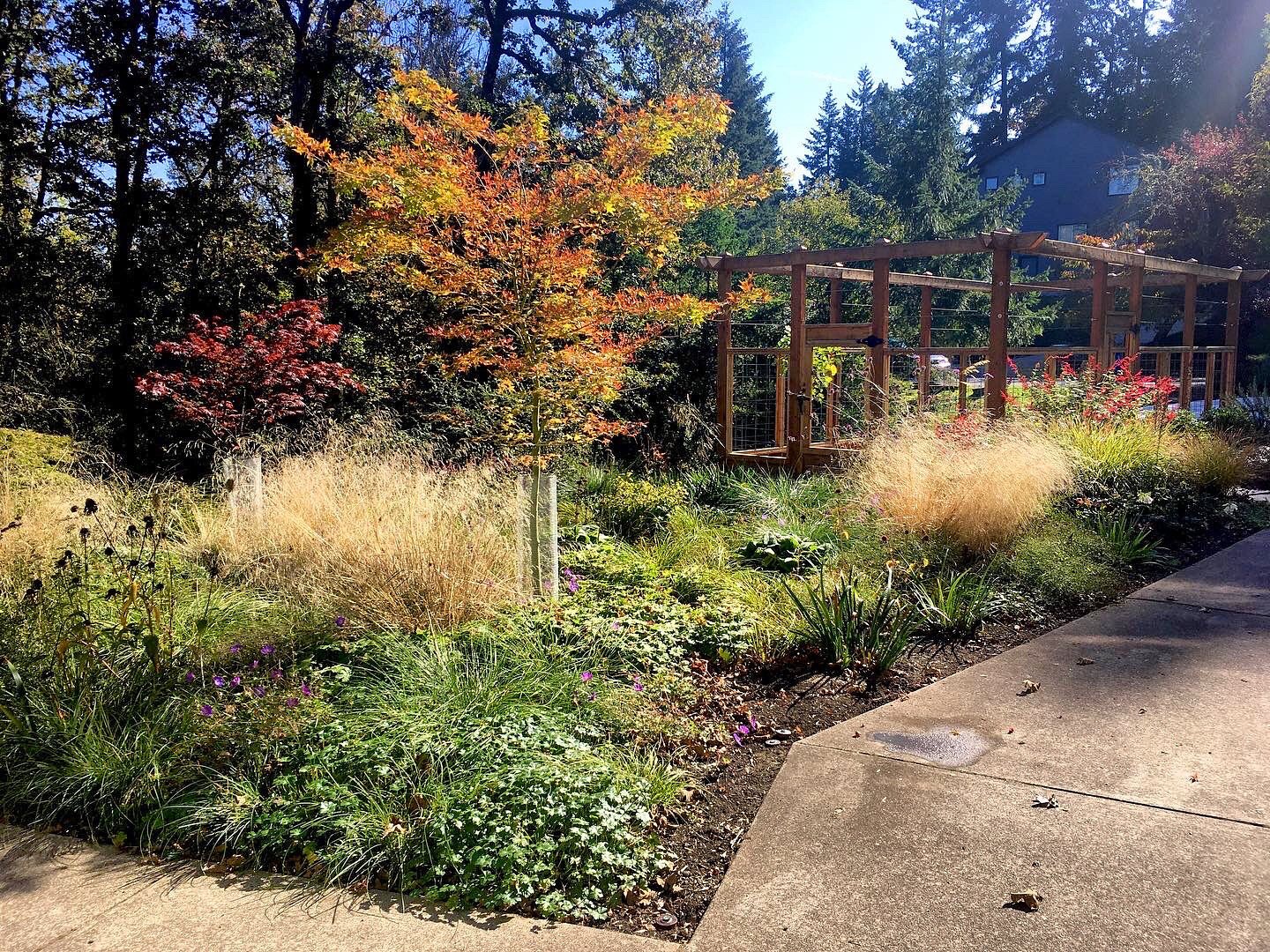
Low Maintenance Gardens – Better for Pollinators and People
Autumn 2022 “I come out every day. It’s therapy, my meditation.” Janet’s young garden transformed from overgrown, invasive plants to mostly natives. The dailiness of
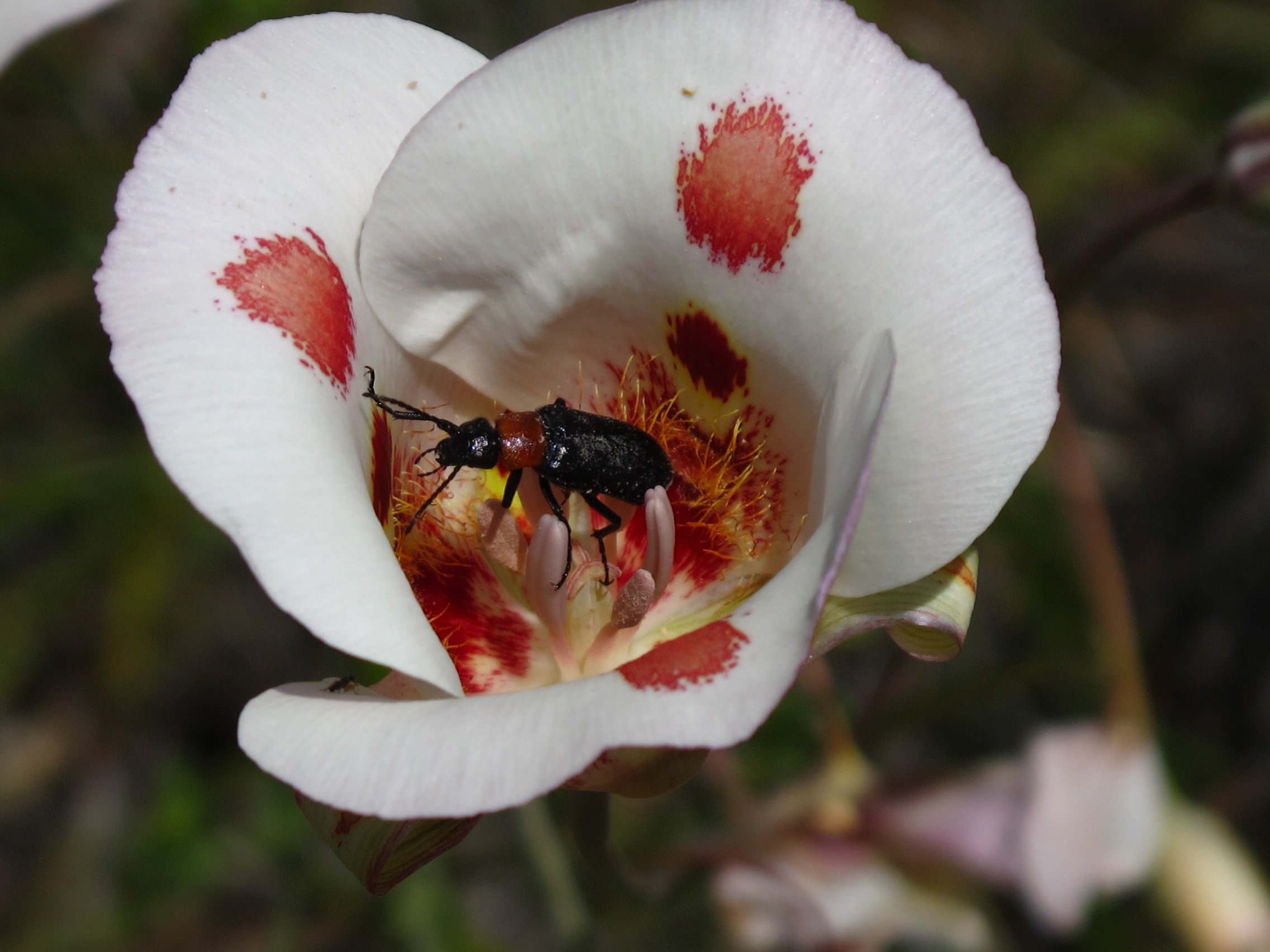
Calochortophilia: A Californian’s Love Affair with a Genus
Summer 2022 I can chart the progression of my life by Calochortus. For the last two decades, at least. As a teenage girl growing up
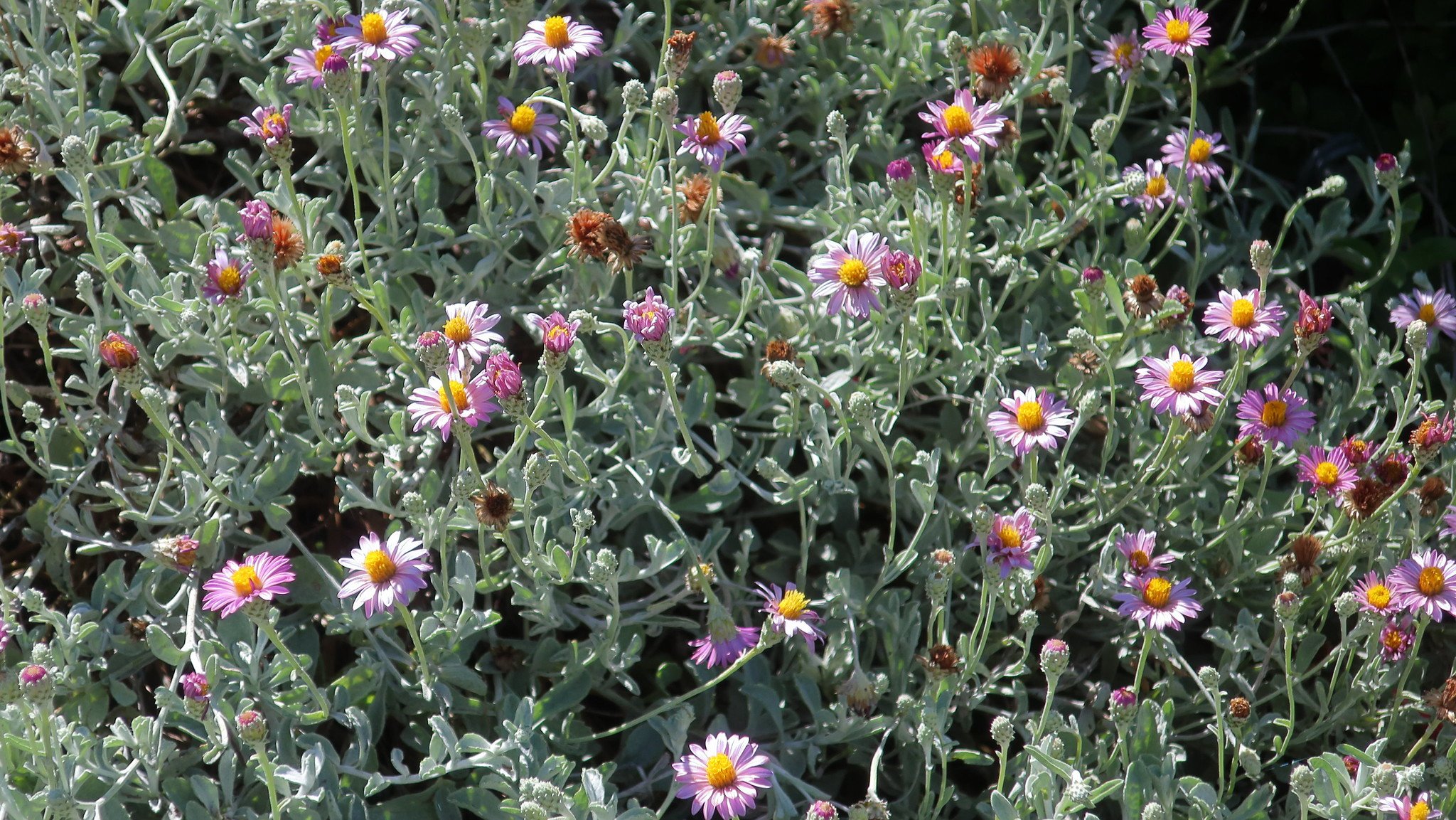
Pacific Plant People: Carol Bornstein
Spring 2022 Public gardens play a key role in demonstrating naturalistic planting design, selecting native and adapted plants for habitat, and testing techniques for reducing
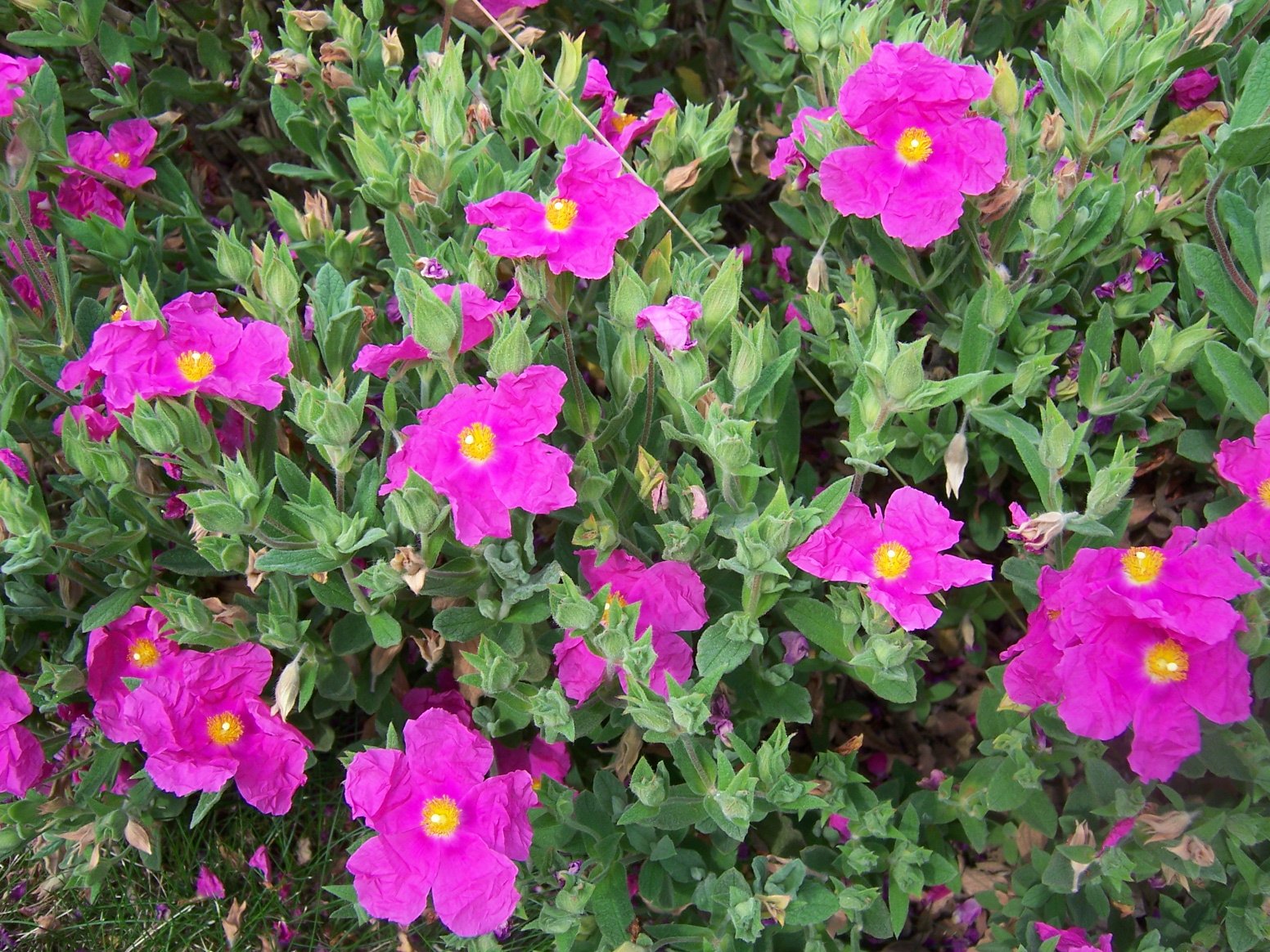
Add Year-Round Interest and Winter Blooms for Pollinators
Spring 2022 This article was created from an Interview by Merrill Jensen with Neil Bell in the Summer of 2021 for our Pacific Plant People




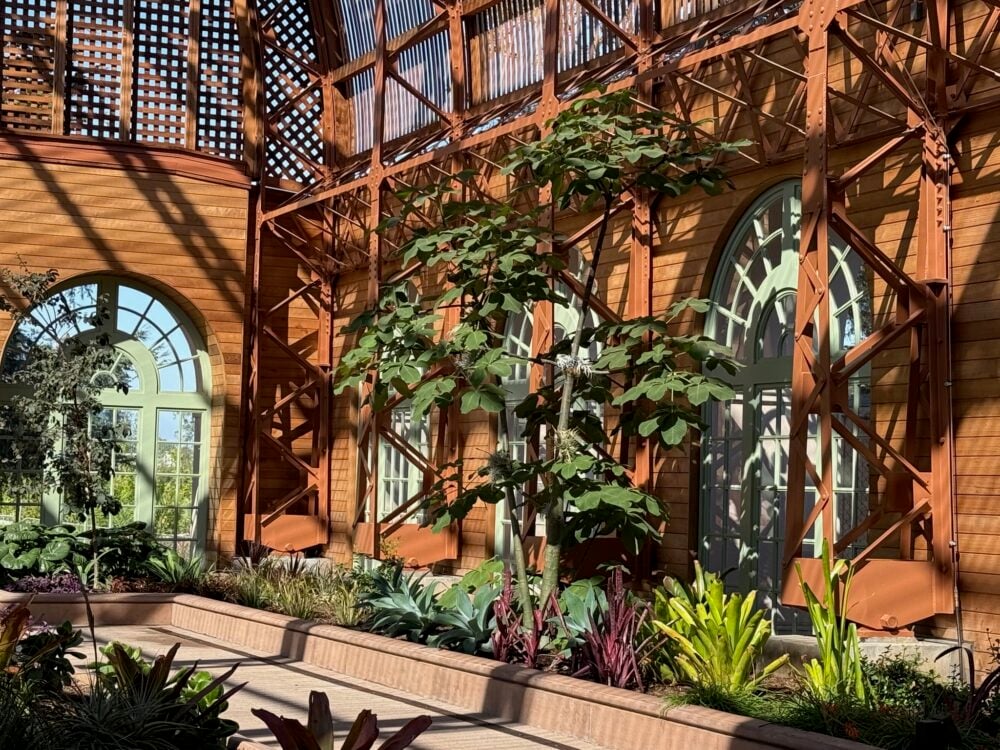



Responses